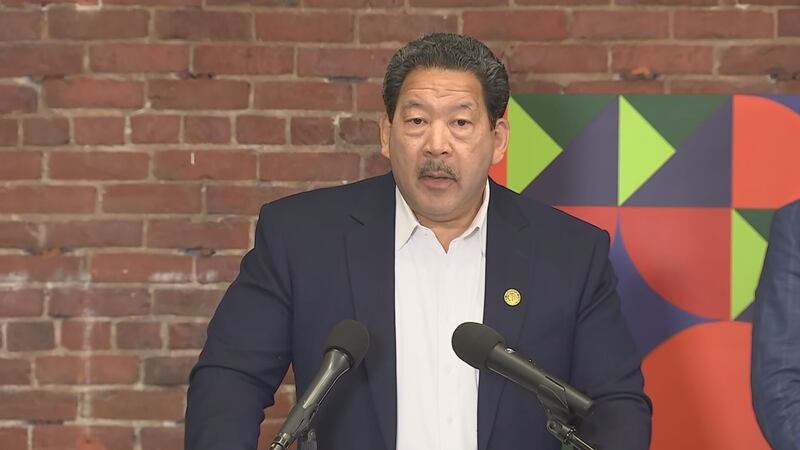SEATTLE — Seattle Mayor Bruce Harrell has issued an executive order to address the city’s crisis with fentanyl and other synthetic drugs.
The order is part of a comprehensive Downtown Activation Plan to revitalize and reimagine the city’s downtown area while ensuring it is safe.
“Downtown is the heart of Seattle and is powered by people — workers, neighbors, families and visitors alike. Today’s actions are centered on immediate steps to make downtown safe, welcoming, and a destination for activities and experiences that bring people together,” said Harrell.
The executive order directs:
- The Seattle Police Department to make stopping the distribution and sale of drugs a priority in partnership with other law enforcement agencies and work with the Seattle City Attorney’s Office, King County prosecutors, and the local branch of the Justice Department to arrest and prosecute those responsible.
- The Seattle Fire Department’s Health One program to be expanded on a pilot basis to include an overdose response unit dedicated to “quickly engaging survivors to increase acceptance of services or referrals for support.”
- Create a research-based drug reduction pilot program known as “contingency management,” which encourages those with drug addictions to stay clean and participate in treatment services by rewarding them with low-dollar gift cards. The 12-week program is conducted where people live instead of in a medical setting.
- Explore funding and a site for a post-overdose diversion facility.
- Expand access to treatment and overdose reversal medications, especially in areas with high overdose rates.
- Form a public health workgroup and law enforcement task force to analyze strategies and programs, and design improvements to expand effectiveness.
In addition, some of the first steps and short-term initiatives for the Downtown Activation Plan include:
- Filling up to 20 vacant storefronts by early summer through the Seattle Restored program, which helps small businesses, entrepreneurs and local artists.
- Reopening City Hall Park on Jun. 15 with new lighting enhancements, around-the-clock security and activities like movie days, a jumbo chess board, concerts, food trucks and more.
- Increasing the number of Metropolitan Improvement District ambassadors who help keep downtown streets clean.
- Encouraging more frequent closings of downtown streets for special events, such as street festivals and music concerts.
- Waiving street-use permit fees for food truck operators and pop-up food vendors.
- Improving street and sidewalk lighting in problem areas, increasing trash pickups and expanding graffiti removal, focusing on the Chinatown-International District.
“This is not about restoring the downtown of the past, but rather boldly reimagining what is possible for the future,” said Harrell.
©2023 Cox Media Group








